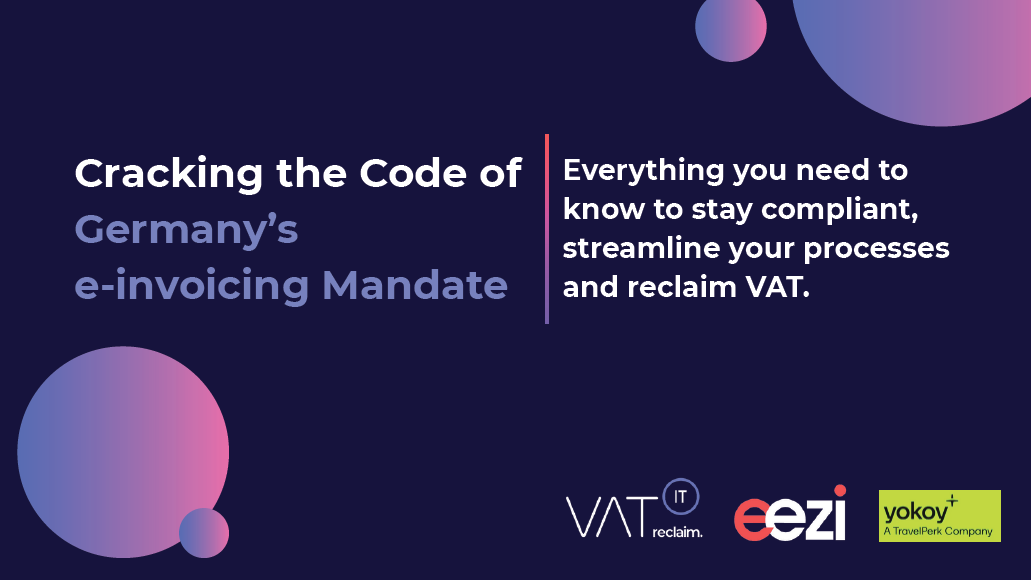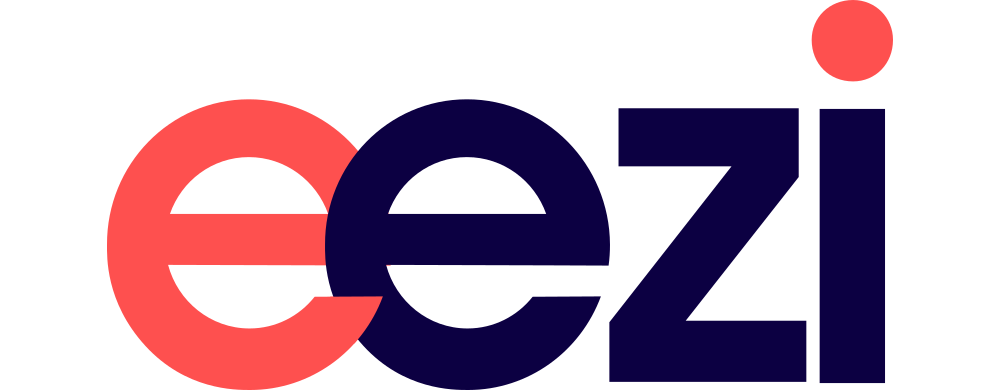Germany’s B2B e-invoicing mandate is being rolled out in phases to modernize invoicing and align with EU standards. Since 1 January 2025, all German businesses and foreign companies with a German establishment must already be able to receive structured electronic invoices compliant with the European Norm EN 16931, including XRechnung or ZUGFeRD formats, under the Growth Opportunities Act enacted in March 2024.
To ease the transition, paper invoices and unstructured electronic formats may still be issued with recipient consent until 31 December 2026. The next phase begins on 1 January 2027, when companies with annual revenues exceeding €800 000 are required to issue e-invoices; this requirement extends to all remaining businesses from 1 January 2028.
By enforcing CEN 16931 compliance, Germany ensures interoperability across EU member states and paves the way for future digital VAT reporting under the EU’s VAT in the Digital Age initiative.
Businesses should update ERP and accounting systems to support XML-based invoices and integrate with Peppol networks or national portals to guarantee timely compliance. As the mandate takes full effect, companies that proactively adapt will benefit from streamlined invoicing workflows, faster processing times and reduced errors, setting a new standard for efficient, cross-border trade in Europe. Contact eezi to hear more about their tailored German e-invoicing solution.
Webinar details
Learn more about e-invoicing in Germany by attending eezi’s webinar:
Title: Cracking the Code of Germany’s E-Invoicing Mandate
Date: Thursday, 26th of June
Time: 2PM CEST
Registration: directly on the event page



